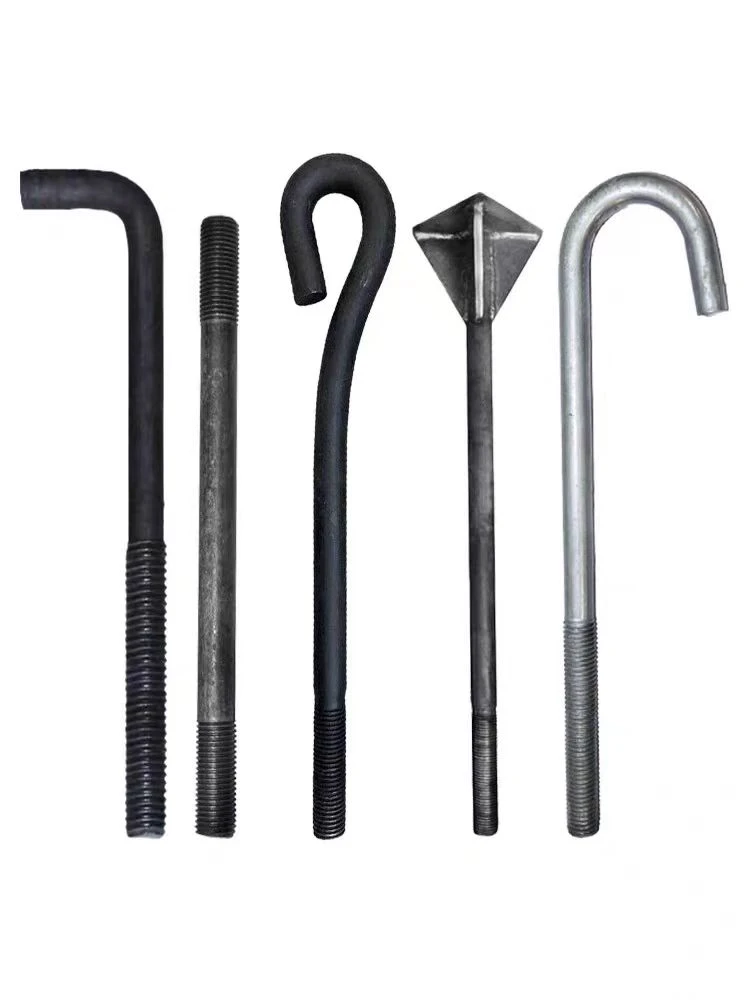

Understanding Sheet Metal Fasteners for Reliable Assembly Solutions
Nov . 10, 2024 11:36 Back to list
Understanding Sheet Metal Fasteners for Reliable Assembly Solutions
Understanding Sheet Metal Fasteners An Essential Element in Modern Manufacturing
Sheet metal fasteners are critical components in various industries, including automotive, aerospace, electronics, and construction. These small yet integral parts facilitate the secure joining of sheet metal pieces, enabling the creation of robust structures and products. This article delves into the importance of sheet metal fasteners, their types, applications, and considerations for selection.
What Are Sheet Metal Fasteners?
Sheet metal fasteners are hardware devices used to mechanically join together multiple sheet metal pieces. These fasteners are designed to produce a strong, durable connection while allowing for the flexibility to dismantle or adjust the assembly when necessary. The commonly used types include screws, bolts, nuts, washers, rivets, and clips, each serving distinct functions and having specific advantages.
Types of Sheet Metal Fasteners
1. Screws Sheet metal screws are specifically designed to be driven into a metal surface without the need for pre-drilled holes. They often feature a sharp point and threads that create a secure grip in the material.
2. Bolts and Nuts Bolts, in combination with nuts, are used for larger applications requiring high strength. The bolt passes through the sheets, and a nut is fastened on the opposite side, producing a tight connection that is easy to disassemble.
3. Rivets Rivets provide a permanent fastening solution. They are installed by deforming the tail end, which clamps the sheets together. Commonly used in aircraft and automotive manufacturing, rivets offer excellent strength and stability.
4. Washers While not a fastening device in itself, washers are crucial for distributing load and preventing damage to the metal surface from fastener heads.
5. Clips Designed for quick assembly, clips can often be used in applications where frequent adjustments are required, such as in automotive panels.
Applications of Sheet Metal Fasteners
sheet metal fasteners

The applications of sheet metal fasteners are vast. In the automotive industry, they are used extensively in assembling body panels, frames, and interiors. Aerospace manufacturers rely on fasteners to hold together critical components of aircraft, where safety and durability are paramount. In the construction sector, fasteners are essential for joining structural elements, be it steel framing or roofing systems. Additionally, the electronics industry employs fasteners for securing circuit boards and protective enclosures.
Considerations for Selecting Fasteners
When choosing sheet metal fasteners, several factors must be taken into account
1. Material Compatibility The fastener material should be compatible with the sheet metal type to prevent galvanic corrosion. Common materials include stainless steel, aluminum, and zinc-plated carbon steel.
2. Load Requirements Understanding the load-bearing requirements of the assembly is crucial. Depending on the strength needed, one may opt for stronger fasteners, such as bolts, as opposed to screws.
3. Environment The environmental conditions, including exposure to moisture, temperature variations, and chemicals, will influence the choice of materials and coatings for the fasteners.
4. Ease of Assembly and Disassembly Depending on the application, it is important to consider whether the assembly needs to be permanent or allow for easy adjustments in the future.
5. Cost-Effectiveness While not compromising on quality, it is essential to evaluate different fasteners and select one that fits the budget without sacrificing performance.
Conclusion
Sheet metal fasteners are indispensable in modern manufacturing and construction. Their diverse types and applications play a vital role in creating strong, safe, and efficient products across a multitude of industries. By understanding the various types of fasteners available, their applications, and the critical factors involved in selecting the right ones, manufacturers can enhance operational efficiency, ensure the structural integrity of their products, and ultimately drive success in their respective fields. As technology continues to advance, the development of innovative fasteners will likely pave the way for even more efficient manufacturing processes in the future.
Latest news
-
High-Strength Hot Dip Galvanized Bolts - LongZe | Corrosion Resistance, Custom Sizes
NewsAug.01,2025
-
Best Self Tapping Screws for Drywall - Fast & Secure Installation
NewsJul.31,2025
-
High-Strength Hot Dip Galvanized Bolts-Hebei Longze|Corrosion Resistance&Customization
NewsJul.31,2025
-
Hot Dip Galvanized Bolts-Hebei Longze Metal Products|Corrosion Resistance&High Strength
NewsJul.31,2025
-
Hot Dip Galvanized Bolts-About LongZe|High Strength, Corrosion Resistance
NewsJul.30,2025
-
High-Strength Hot Dip Galvanized Bolts - Hebei Longze | Corrosion Resistance, Customization
NewsJul.30,2025

